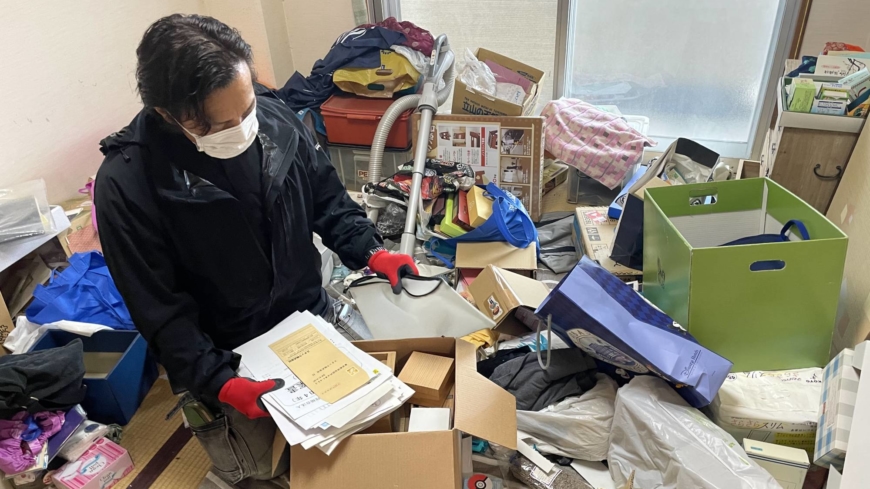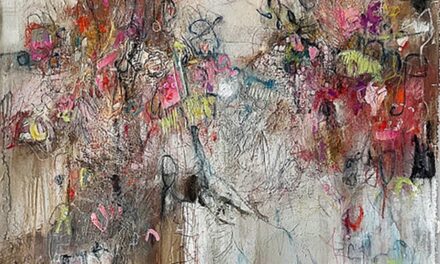
Looking around a three-room apartment in Tokyo’s eastern Edogawa Ward, remnants of its deceased owner’s life are everywhere: yellowing family photographs, a black hairdryer caked in dust, old ¥100 notes and stacks of old papers, magazines and books (including one titled “The I Hate to Housekeep Book”).
With gloved hands, staff members of a cleaning firm called Bxia are sifting through the various accumulated possessions and packing them into cardboard boxes. A 76-year-old woman had died here alone, only to be discovered several months later. Instructions from her estranged daughter who hired the firm are written on a piece of paper stuck to the wall.
They are, it says, to set aside “cash, valuables, important documents, kimono sashes, kimono accessories and lacquerware.” Everything else will be piled onto trucks parked outside and either be disposed of or taken to recycling centers and sold to buyers overseas. For this particular two-day job, the client’s bill will come to ¥505,000 ($3,520).
In a time of both misinformation and too much information, quality journalism is more crucial than ever.
By subscribing, you can help us get the story right.





